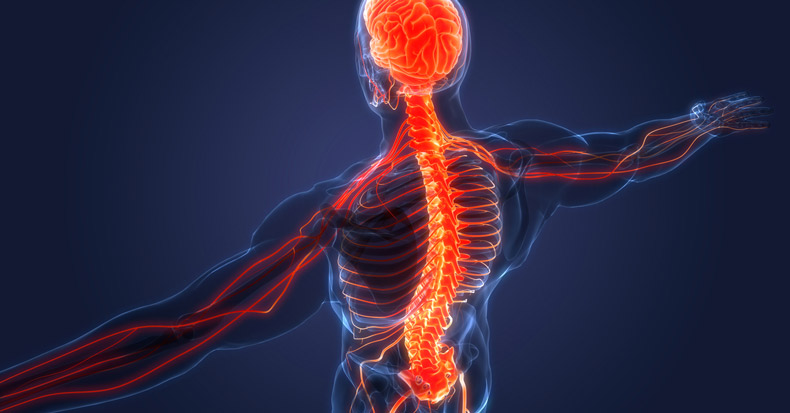C. Chan Gunn, MD, is a Clinical Professor at the Multidisciplinary Pain Center at the University of Washington Medical School, Seattle, Washington. Dr. Gunn describes three categories of pain, which are quite useful for the following discussion (1). These three categories are: 1) Nociception Pain In this category of pain, there is no tissue damage, […]
Chiropractic Manipulation After Lumbar Diskectomy
Lumbar diskectomy is a surgical procedure for removing herniated intervertebral disk material when non-surgical options fail to satisfactorily alleviate radiating leg pain, numbness, or weakness. However, there’s no guarantee such a procedure will provide relief. Up to 12% of patients require reoperation withing three months to address post-surgical complications and up to 20% may experience […]
Tools for Managing Carpal Tunnel Syndrome
Carpal tunnel syndrome (CTS) is a condition that occurs following compression or restriction of the median nerve as it passes through the wrist and into the hand. Thus, the focus of treatment is to alleviate pressure on the median nerve, allowing it to transfer motor and sensory information to and from the hand. Clinical guidelines […]
Runner’s Knee
Running is a popular recreational activity, and it’s an effective form of aerobic exercise for both young and old. It’s estimated that 50-60 million Americans regularly run or jog on tracks, city streets, or trails. However, running also carries a risk for injury. It’s estimated that at least half of recreational runners will sustain an […]
X-Rays for Neck Pain?
For musculoskeletal conditions like neck pain, many people think that X-rays are an essential part of the diagnostic process. However, this isn’t always the case. X-rays may not always provide useful information as to the cause of the patient’s condition, which can result in added costs and potentially inappropriate care, not to mention unnecessary radiation […]
Whiplash Associated Disorders and Headaches
Whiplash associated disorders (WAD) is a term used to describe the constellation of symptoms that occur following the sudden acceleration-deceleration of the head and neck, most commonly during an automobile collision. Headaches are the second most common WAD symptom that drive patients to seek chiropractic care, with neck pain being first. The International Headache Society […]
Vitamins and Blood Pressure
Hypertension is a leading cause of cardiovascular disease and premature death worldwide. Lifestyle management is essential for reducing blood pressure, and strategies like eating a healthy diet (like Mediterranean); not smoking; curbing sodium, caffeine, and alcohol intake; exercising; managing stress; and losing weight have significant evidence support for such management. In conjunction with lifestyle management, […]
Neuropathic Pain vs. Soft Tissue Pain
All perceptions (e.g., hot, cold, loud, bright, smelly, hard, soft, sour, sweet, pain, etc.) are cortical, meaning perceived in the brain. All pain is perceived in the brain (1). Pain perception is brought to the brain by nerves. Structures that do not have a nerve supply (like articular hyaline cartilage, fingernail) cannot send the pain […]
Cyclist’s Palsy
Though peripheral neuropathies often develop in individuals whose daily activities involve fast, repetitive motions, no rest, awkward hand postures, firm gripping, and excessive vibration exposure like office workers, construction workers, line workers, etc., there is one group that meets these various criteria that we hardly consider: cyclists. It’s estimated that nearly 800,000 Americans commute to […]
Temporomandibular Disorders and Posture
The temporomandibular joint (TMJ) is one of the most intricate and frequently utilized joints in the human body, working in conjunction with the internal and external pterygoids, masseter, and temporalis muscles to open and close the jaw, as well as stabilizing the hyoid bone during swallowing and protecting the airway while chewing and talking. Musculoskeletal […]
- 1
- 2
- 3
- …
- 142
- Next Page »










